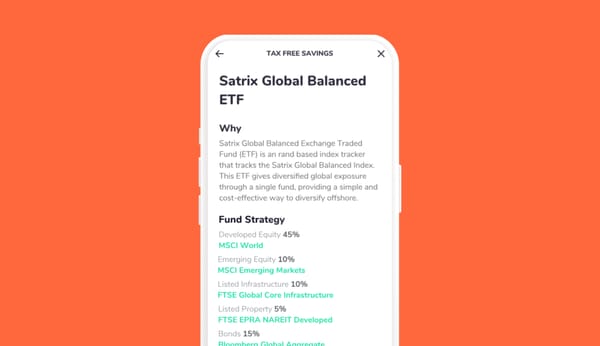Shares are units of ownership in a company. A company can have one person who owns all its shares or thousands of investors who own shares in it. The more shares you own in a company, the larger your stake or shareholding in that company. Shares, stocks and equities are words that are often used interchangeably. There are some nuances between these but it's not necessary to go into now!
The total number of shares that investors own in a company is known as its shares in issue. For example if a company only has 10 shareholders and each holds 100 shares, the company has 1,000 shares in issue. In this example, each shareholder owns 10% of the company (100 divided by 1,000) - each has one slice of the 10 (equally sized) pieces of company “cake”.
What do shares in a company get you?
Well, you have ownership in the company which entitles you to attend shareholder meetings and vote on company matters - the larger your shareholding, generally, the more votes you have (some companies have shares which carry higher voting rights than others). You also are entitled to a share of the dividends if a company decides to pay out some of its cash or profits to shareholders. If a company decides to liquidate (sell everything it has), whatever is left over after all debts are paid will be paid out to shareholders (using the example above, everyone will get 10% of what is left).
So why do people buy shares in companies?
Setting up your business
Let’s say you want to start a business with your sibling that will sell bottled water to restaurants. You need to set up a company and then decide how to split the shareholding of the company with your sibling. Sometimes this just depends on how much each of you have to contribute. If you need R100,000 to get the business off the ground and each of you contribute R50,000 into the business you could split the shareholding 50/50. However, for example, if you (unlike your sibling) will be working full time in the business and not earning any salary you could negotiate with your sibling that you for example have 75% and they as a silent partner get 25% even though you both contributed R50,000. Here, shares would be issued and bought primarily to determine the allocation of value or ownership in a company, and it wouldn’t matter how many shares were issued to whom, as long as the required split was obtained - ie; if you each got 50 shares or 5,000 shares, it would not make much difference if you were never going to try to sell the shares.
Investing in shares through an exchange
The shares of many large companies are available to be bought or sold on stock exchanges throughout the world. The stock exchange is the platform that connects buyers and sellers of companies’ shares. Just like Gumtree makes it easy for buyers and sellers of goods to find each other, stock exchanges do a similar job so that you don’t need to know or seek out who is selling what you want to buy and at what price. These shares are similar to the small business example above just that there are many more shareholders and many more shares in issue, and when people buy it’s not because they are trying to split value or ownership. Most large companies were probably small at some stage too!
Generally you buy shares in these companies because you think the price you pay now is less than what the price will be in future (so that you can grow your wealth) and/or you expect the company to pay dividends which will boost your income. So you can effectively profit from a business that you have no association with at all!
Companies decide to “list” their shares on stock exchanges for a few reasons - it makes it easier for the company to raise money, it raises the profile of the business, and of course, it makes the buying and selling of the company shares much easier. However, there are some downsides as well - being listed is costly and requires companies to disclose lots of information about themselves to the public so that the public have enough information at their disposal to evaluate the merits of the company as an investment.
The prices that shares trade at on the stock exchange are determined by supply and demand. If a share is in high demand there will be lots of buyers and the price will be pushed up. Conversely if there are lots of sellers, the price will be pushed down. Share prices are influenced by factors that impact the company specifically and the market/economy in general. Sometimes prices go up or down for no good reason at all! Trying to pick which shares to buy is a time consuming and difficult exercise that many professionals get wrong. This is why we think it is a better option to rather go for ETFs where you are buying shares in a number of companies at once.
The size of a company listed on the stock exchange is determined by its “market capitalisation”. This is just the share price of a company multiplied by its shares in issue. The size will depend on both these factors.
So if Company A has a share price of R100 and Company B has a share price of R10 - by knowing just these facts you cannot make any valid comparison between the 2 companies. Company A will most likely have a different number of shares in issue, different prospects, different profitability etc all of which needs to be considered. If you go back to the example of the Water Bottling business - if that company was worth the R100,000 cash that was put in and there were 100 shares issued, each share would be worth R1,000. But if 10,000 shares were issued, each share would be worth R10. Either way both you and your sibling would have shares worth R50,000.







![How & Why You Should Do a Financial Reset [+ downloadable financial reset journal]](/blog/content/images/size/w600/2024/12/Setting-goals-for-the-year.png)


